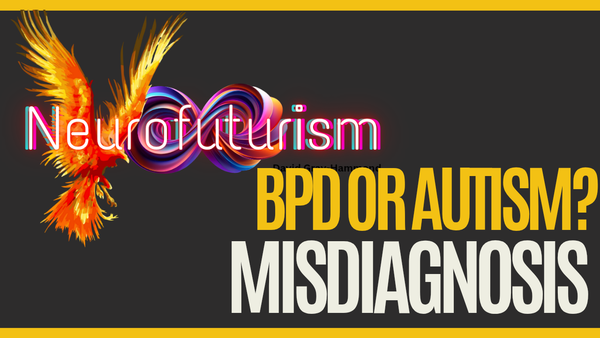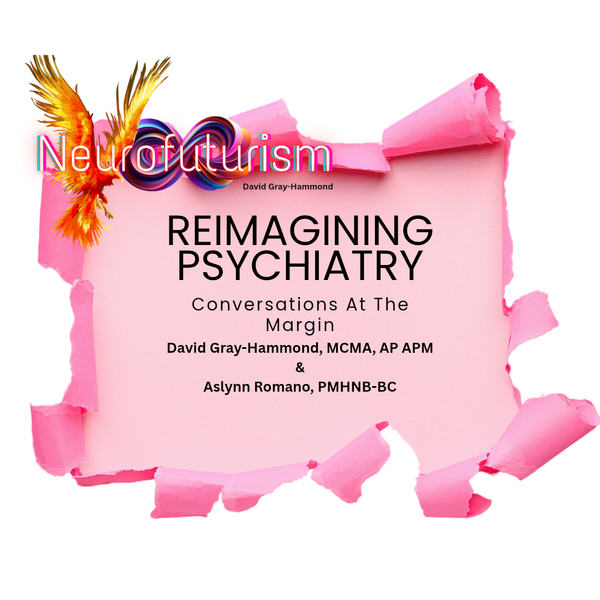New UK Government Education Hub Now Overtly Discriminates Against Neurodivergent Children
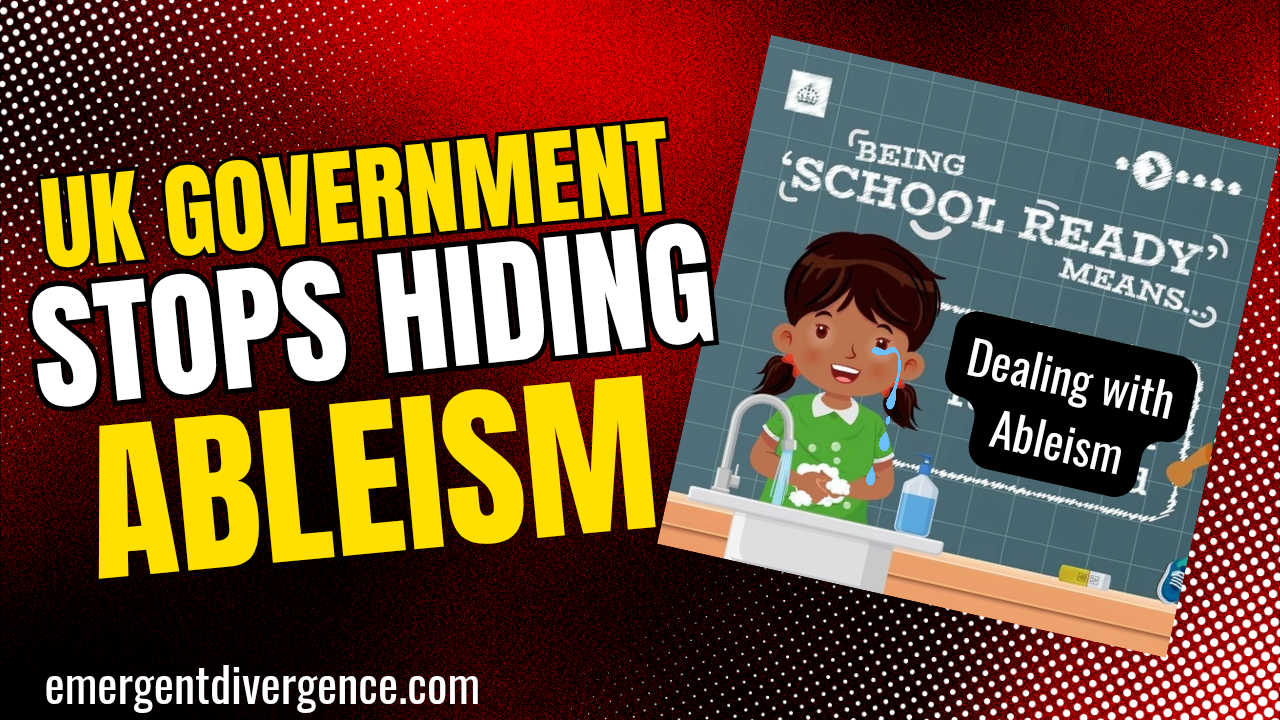
On March 12th, 2025 the Department for Education launched it's new Education Hub. It is immediately clear from the accompanying social media posts that this new endeavour seeks to enact overt oppressive normativity on neurodivergent children. This should come as no surprise from a labour government that has, between attacks on the Trans community, and those forced to claim disability benefits, demonstrated itself to be committed to a continuation of Conservative ideology. Two of the social media posts, which I will pull apart here, are not only misinformed, but directly discriminate against those who already have some of the hardest experiences accessing Education.
Why School Attendance Matters
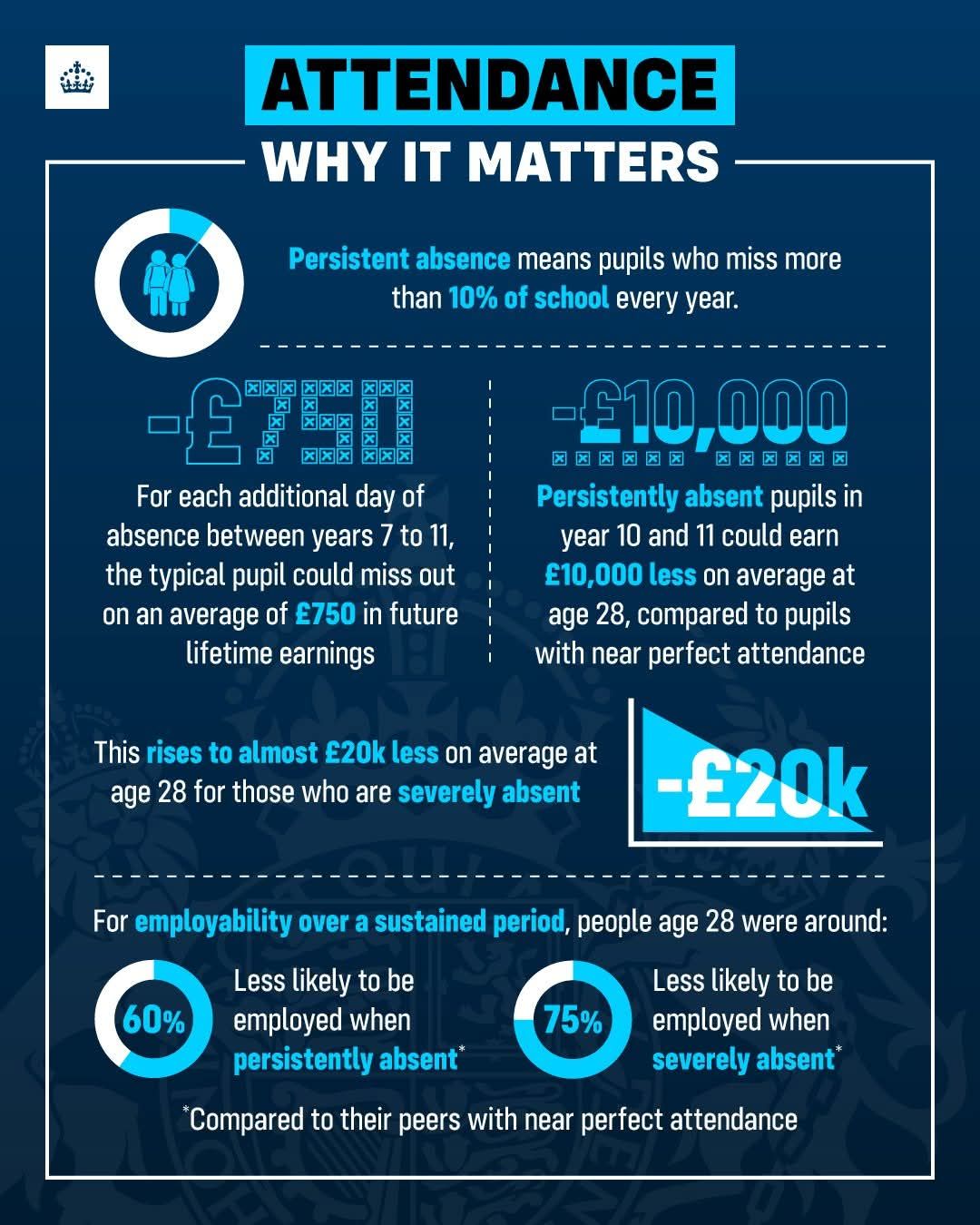
The above image was shared on Facebook by the DfE. It reduces school attendance entirely to it's impact on future earnings and employability. This should come as no surprise. The UK's neoliberal politics place a heavy focus on high production with minimal claiming of any kind of support from the state.
This, of course, fails to account for the fact that one's access to employment and earning is dictated by more than just one's school attendance. Here is a list of things that could also impact upon these metrics for neurodivergent students.
- Access to suitable housing
- Access to Special Educational Provision via an EHCP
- Flexible and adaptive teaching methods
- Effective anti-bullying policies
- Effective inclusion policies nine-times work places
- Equal access to physical and mental health care
- Access to accurate diagnosis and support
This list is non-exhaustive, but demonstrates that neurodivergent students need more than to simply "stay in school". In fact, for many neurodivergent students, school is a source of trauma that will go on to negatively impact their ability to work and earn a wage. Simply put, if the government want kids to get jobs, they need to rebuild the education system from the foundations up.
School Ready
Alongside this has been a post on X/Twitter around being "school ready". This is a particularly ableist social media campaign that presents a standard for school readiness that is directly discriminatory against neurodivergent children. Not only this, but it is seemingly contradictory in that implies that neurodivergent children are not ready for the school that the previous post states is so important.

For many neurodivergent children, using cutlery can be a challenge. Not only do we have sensory needs that mean we engage with food in a more tactile manner, many of us experience things like apraxia and dyspraxia that impact upon our coordination. The expectation to effectively use cutlery by the start of our school years creates a barrier to viewing oneself as school ready.
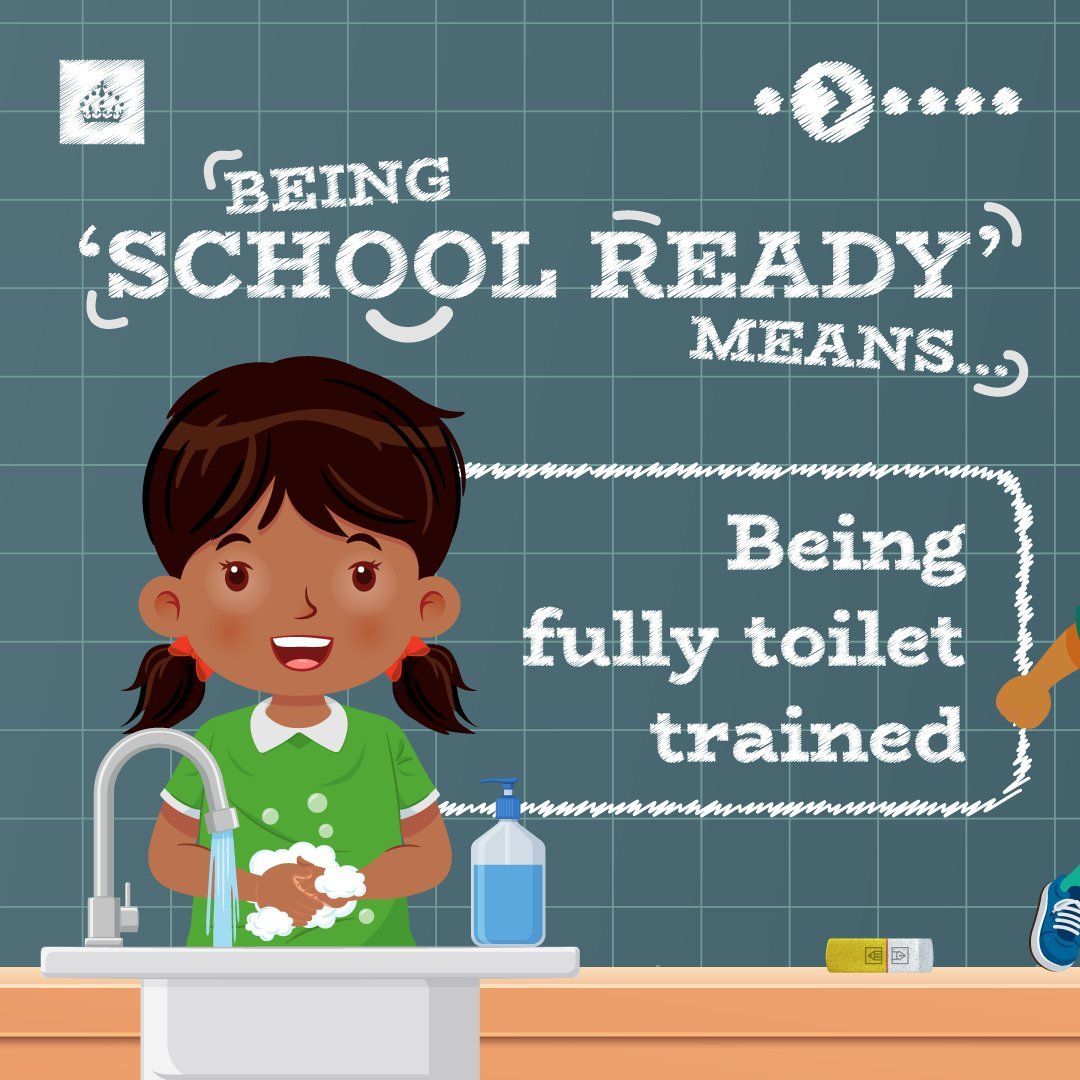
Toilet training is a somewhat stereotyped issue for neurodivergent children, many of whom struggle with incontinence far beyond those years that normative society allows for. For parents of neurodivergent children, this image may serve as an explicit statement that their child is not welcome in school.
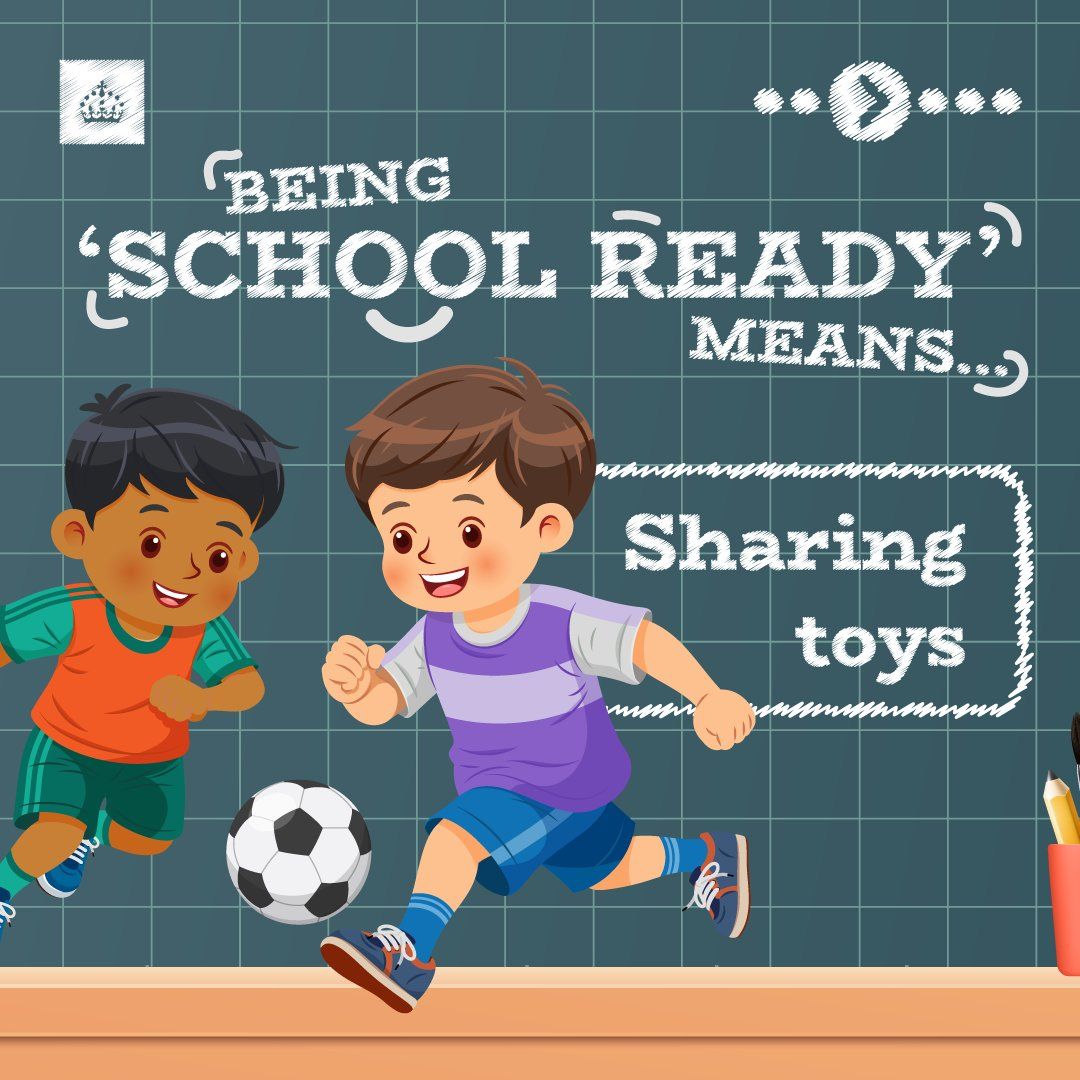
Anyone with experience of Autistic children will, to some extent, be aware that Autistic children tend to engage with others via parallel play rather than direct interaction. This style of play usually involves engaging in a separate activity alongside peers rather than sharing in the same activity. For an Autistic child, the expectation to share toys may force them to socialise in a way that is anxiety provoking for them. This means that the DfE would not only be deeming them not ready for school, they are risking their wellbeing via increased Autistic masking.
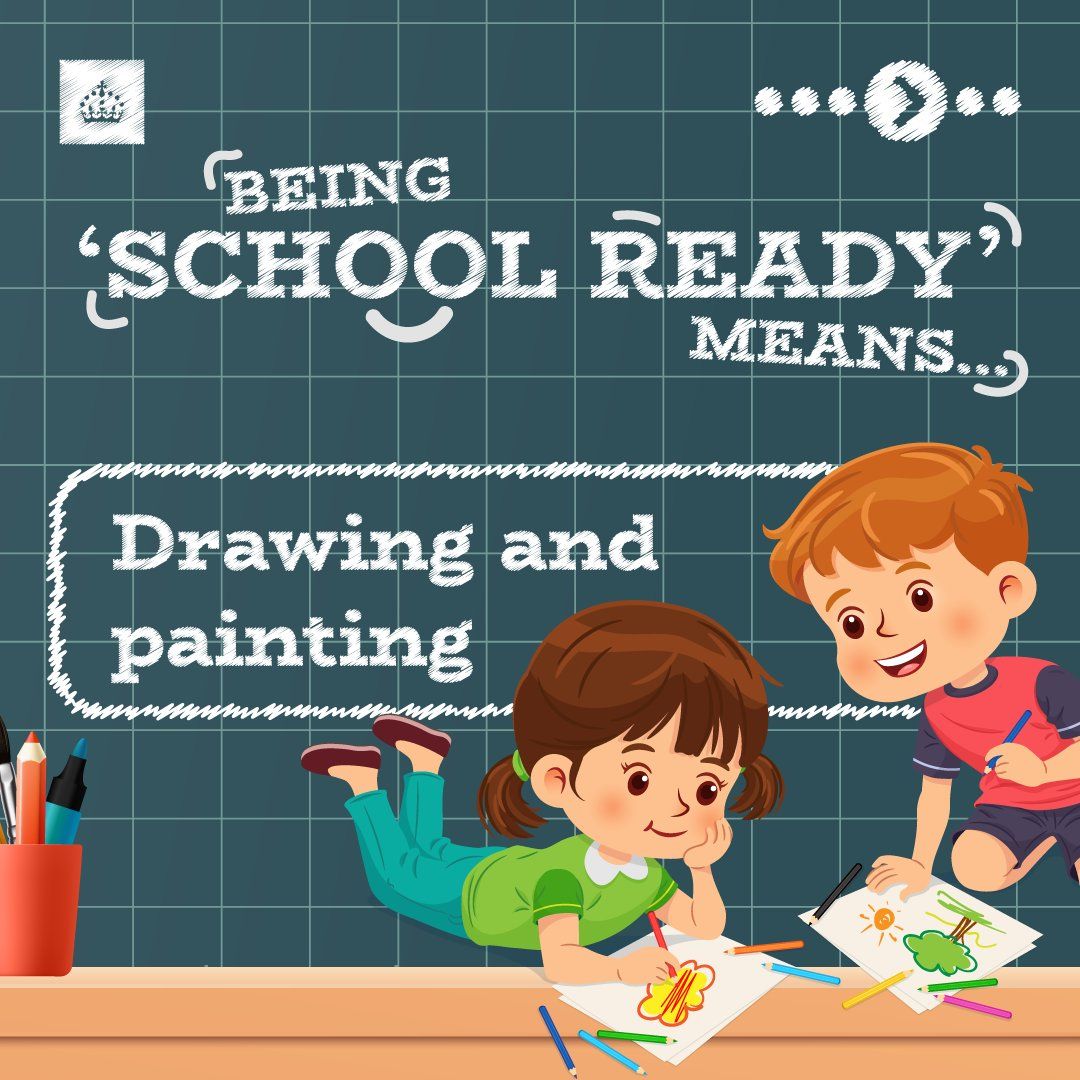
Again, this one depends on any number of factors that could impact a neurodivergent child's ability to hold a pencil or paintbrush. To me, this places the expectation on parents to be the sole site of development for their child in order to minimise the effort needed by the state at the start of compulsory school age.
This particular campaign links out to a further website called startingreception.co.uk that includes the following list of skills, followed by a brief mention that SEND kids might struggle, and no obvious link out to EHCP information or other relevant signposting.
Growing independence
Taking care of themselves
- Putting on/taking off their coat and shoes
- Using the toilet and washing their hands
- Getting dressed with little help, e.g. after using the toilet or doing PE
- Using cutlery (e.g. fork and spoon, chopsticks) and drinking from an open cup
- Spending time away from you, learning they can be looked after by caring adults
Play, creativity and curiosity
- Taking part in imaginative play (e.g. role play)
- Drawing, painting, colouring and sticking
- Sharing story books with caregivers, looking at pictures and talking about the characters
- Exploring the world around them (e.g. looking closely at the natural world or playing safely with objects at home)
If these are the expectations we are placing on all four year olds, is it any wonder that the number of EHCP's in the school system is increasing every year? Such standards are more than discriminatory. They are an act of normative violence designed to intentional suppress the self-actualisation of a minority group.
How Many Neurodivergent Children On Education Health and Care Plans (EHCPS)?
According to government statistics, 4.8% of all school pupils in England are on an EHCP. This presents an 11.6% increase from 2023 statistics. A further 1.2 million students, or 13.6% of all Englaish pupils receive SEN support without an EHCP. While there are no precise statistics on exactly how many of these students are neurodivergent, there is a case to be made that the majority of students with special educational needs will be neurodivergent in one way or another.
The irony of the ableist standards set forth in these latest campaigns is that in my opinion, they will increase the need for EHC Planning. Children with SEND are already at a disadvantage, notable from the quotes on the Children Commissioners Website. Further to this is the increased burden on Local Authorities who have already made a habit of breaching SEN legislation and practice guidance.
A further note is that school readiness and attendance is redundant in a world that ceases support of neurodivergent people as soon as they enter the workforce. There is an attitude of "you're on your own from here". The government needs to spend a little less time shaming children and parents, and alot more time considering how its own harmful policies are preventing neurodivergent people from accessing afult life in full.
How Will These Campaigns Impact Neurodivergent Children?
I fully expect the current headship within the Department for Education to increase pressure on an already under-resourced SEN provision and Local Authorites. I also believe that neurodivergent children will have increased adverse experiences in school. I do not believe these campaigns will in any way increase access to meaningful employment or quality of life for neurodivergent children. These campaigns are long-term attempts to reduce welfare spending with little care given to the minoritised students it will harm. Neurodivergent communities need to directly oppose this, and push for policies that actually empower children rather than marginalised them.
Thank you for your support

